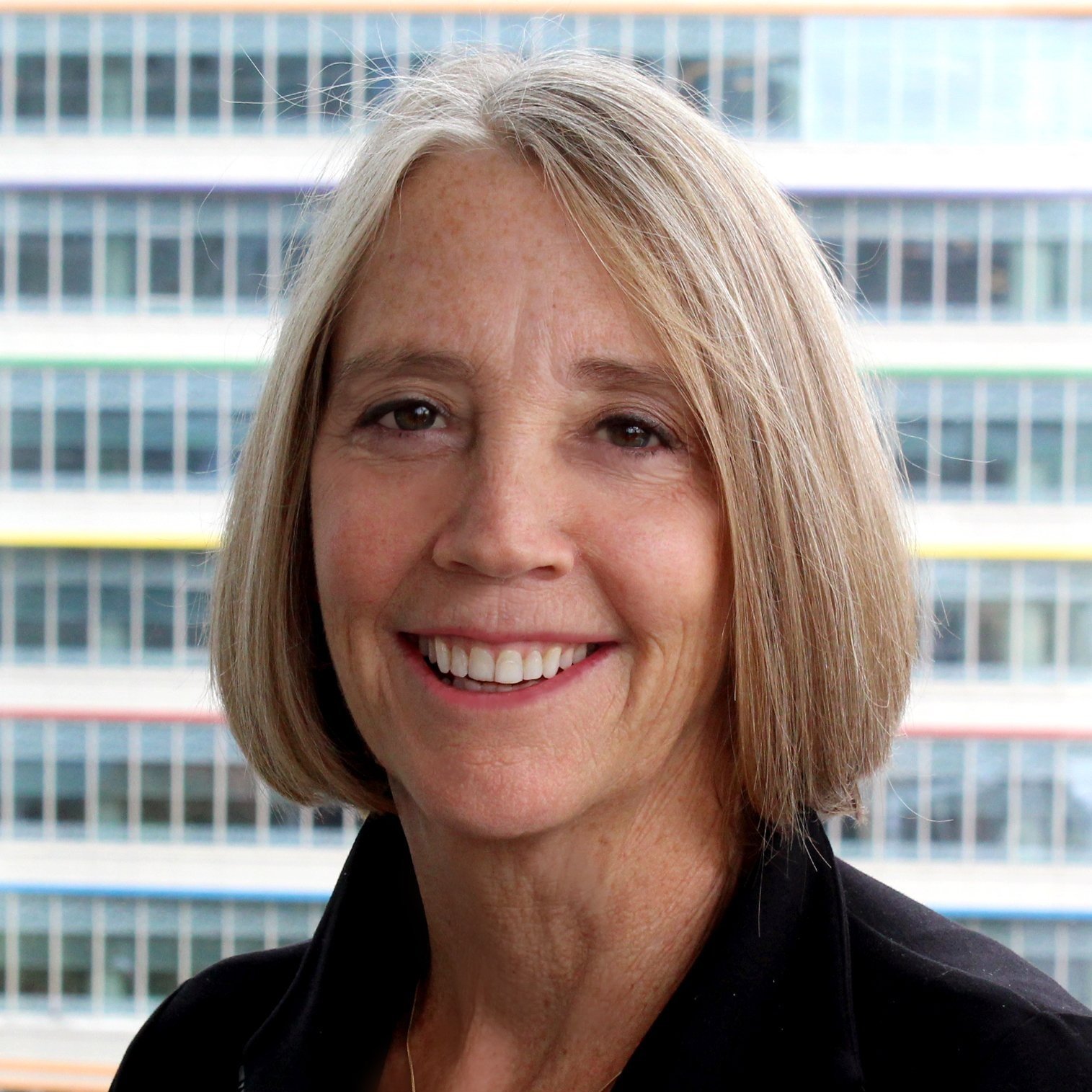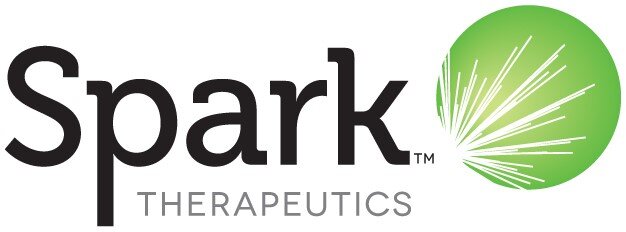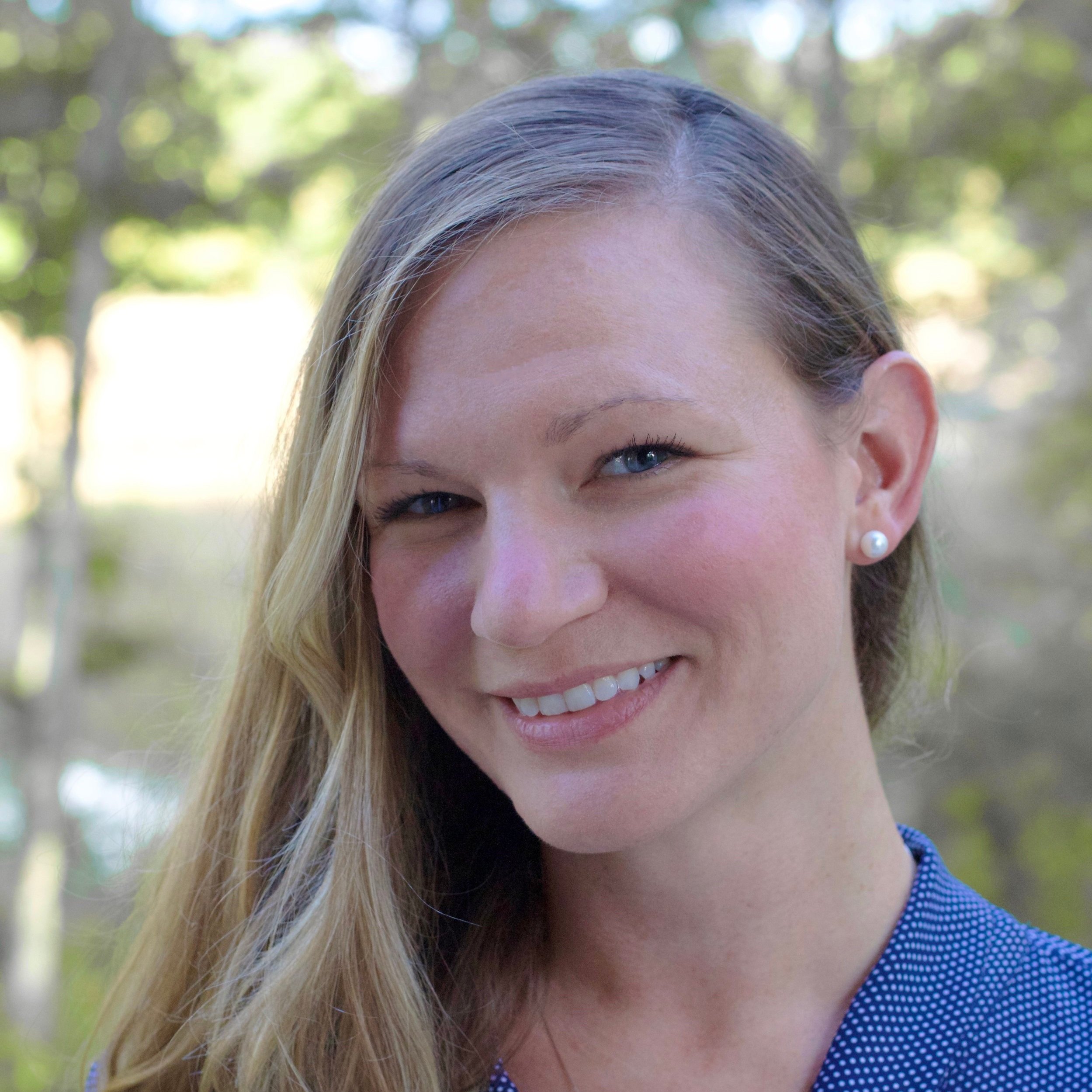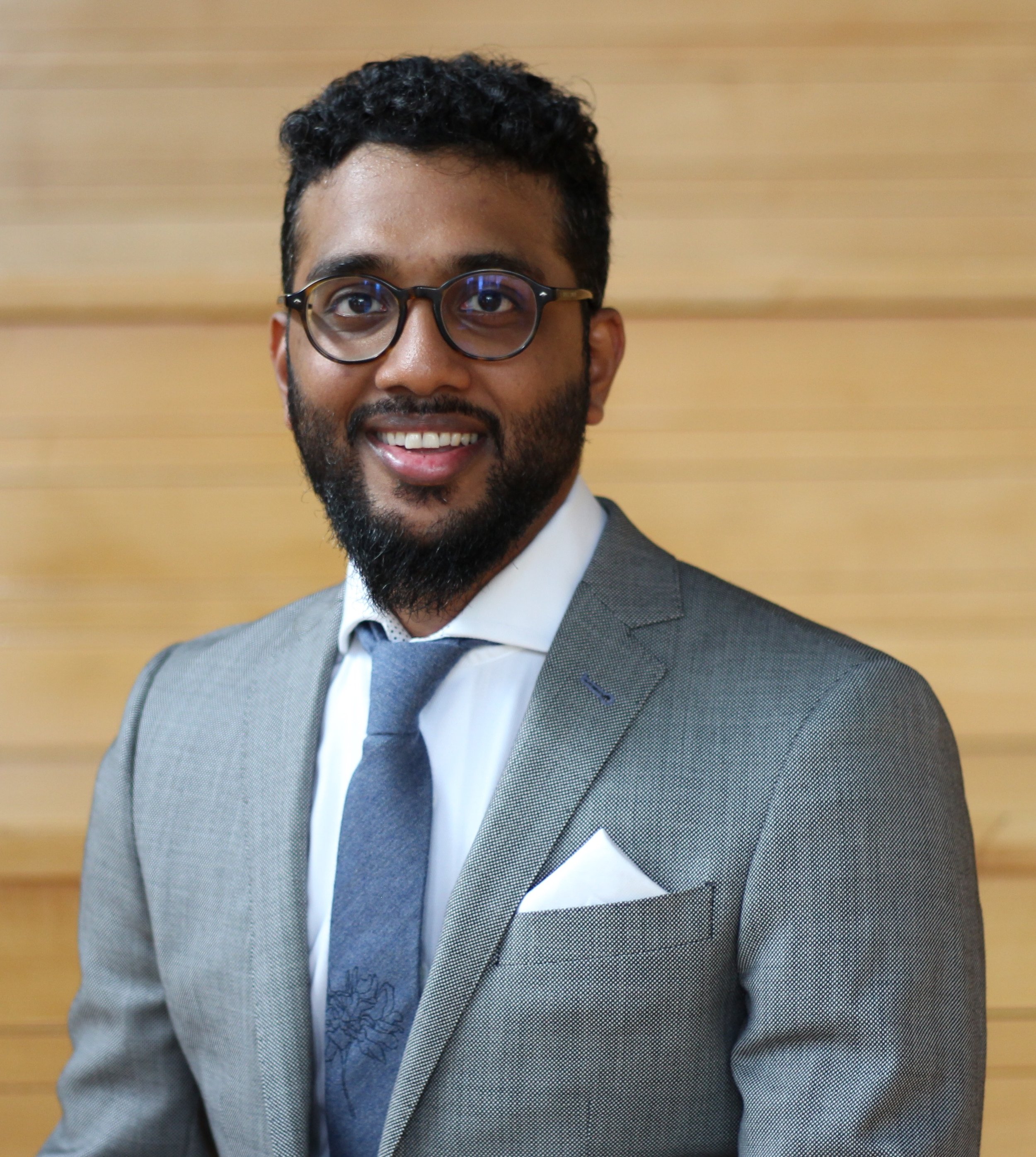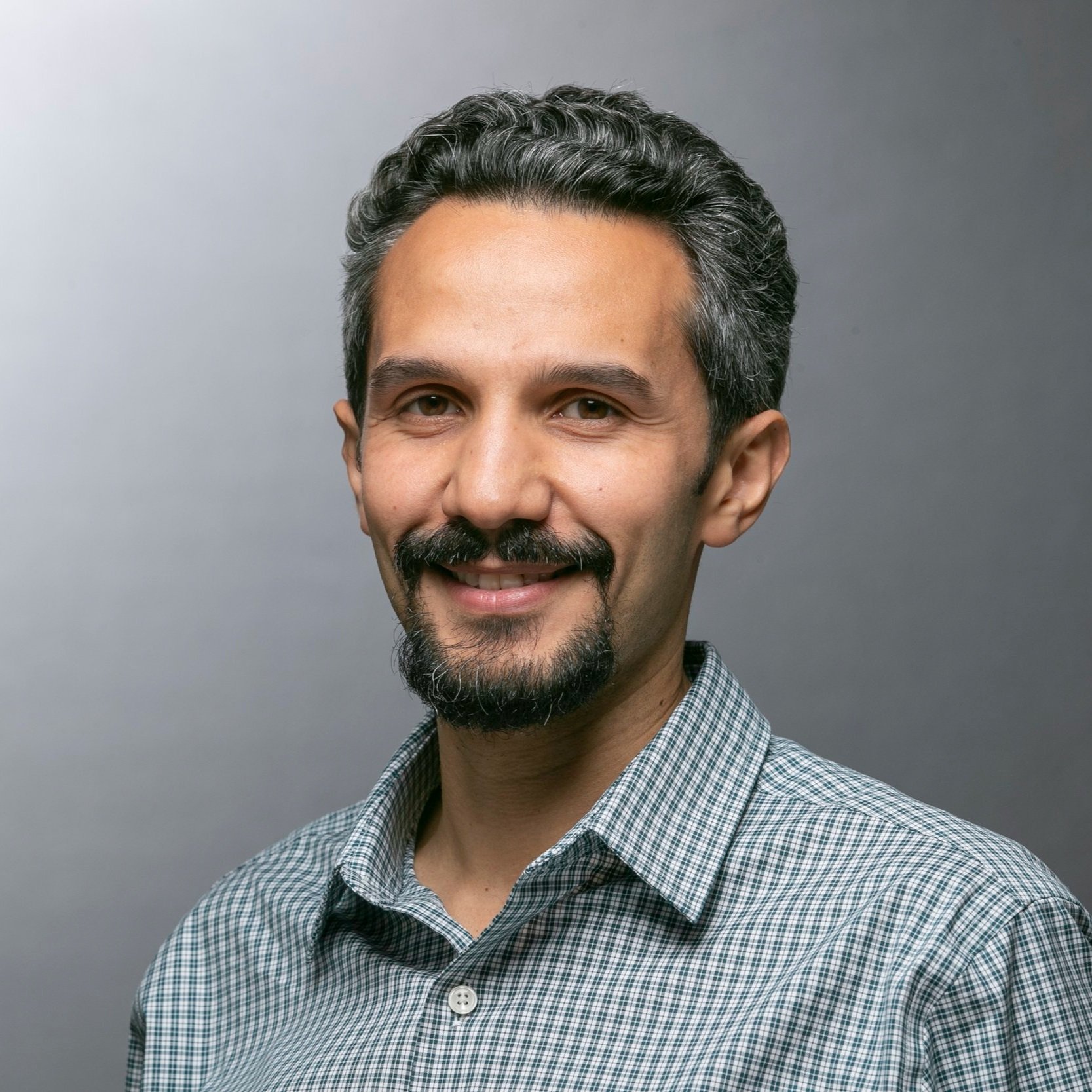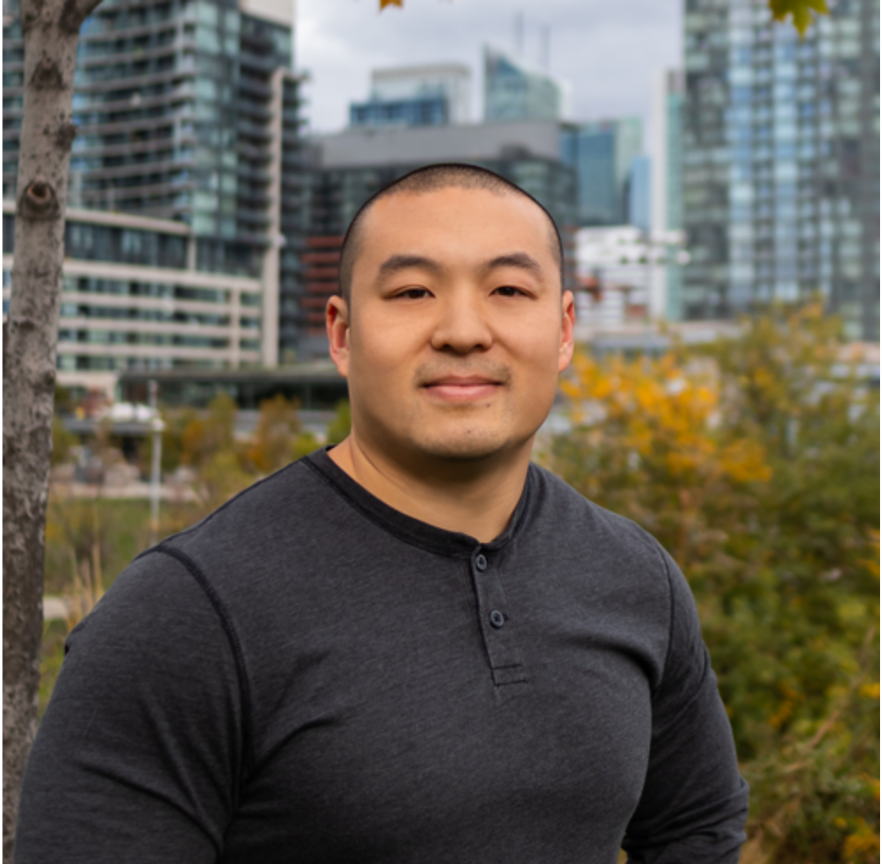Research Spotlight Webinar: "Drugs and Trials for Huntington’s Disease: The Good, The Bad, and The Future" with C. Frank Bennett and Ed Wild
About the Speakers
C. Frank Bennett, PhD
Ionis Pharmaceuticals
2019 Breakthrough Prize in Life Sciences
Dr. C. Frank Bennett is one of the founding members of Ionis Pharmaceuticals, leading much of their preclinical antisense drug discovery and antisense technology research. He has been involved in the development of antisense oligonucleotides as therapeutic agents, including research on the application of oligonucleotides for inflammatory, neurodegenerative diseases and cancer, oligonucleotide delivery, pharmacokinetics and medicinal chemistry. He has published more than 230 papers in the field of antisense research and development and has more than 175 issued US patents. Dr. Bennett collaborated with Adrian Krainer, of Cold Spring Harbor Laboratory, to develop Spinraza, the first effective therapy for spinal muscular atrophy (SMA), a progressive neurodegenerative disease and the number one genetic cause of death for infants. Dr. Bennett received HDF’s 2018 Leslie Gehry Brenner Prize for Innovation in Science.
Edward Wild, PhD, FRCP
University College London, United Kingdom
Dr. Ed Wild is a Professor of Neurology at University College London, a Consultant Neurologist at the National Hospital for Neurology and Neurosurgery in London’s Queen Square, and Associate Director of UCL Huntington’s Disease Centre. He leads a team of researchers aiming to accelerate the development of new therapies to make a real difference for people impacted by Huntington’s disease. He gave the first injection of tominersen in 2015 and has been involved in the design and running of numerous HD clinical trials. He co-founded HDBuzz in 2010.






